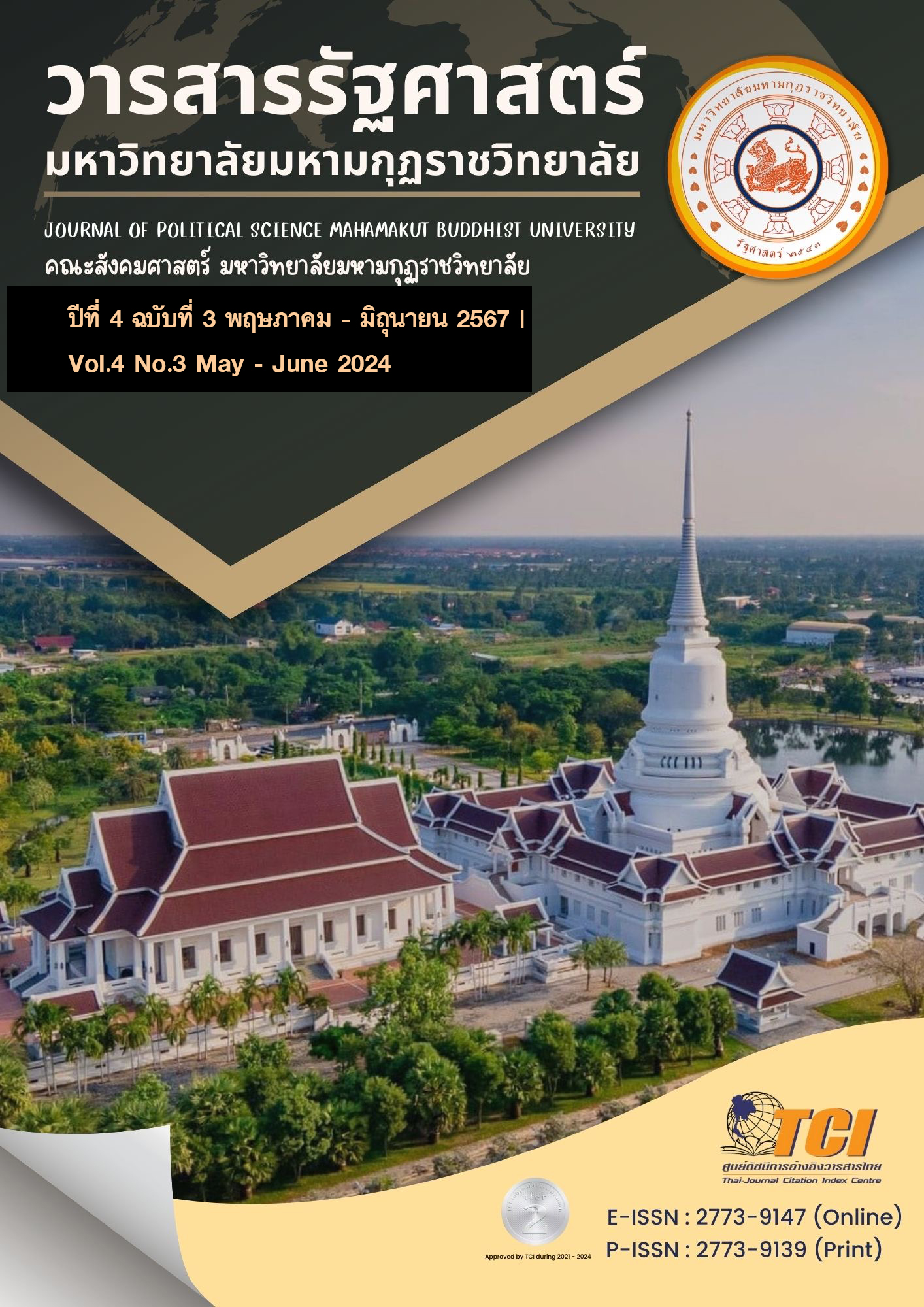Behavioral and Problematic Issues Related to the Use of Google Translate: A Case Study of English Major Students at Phranakhon Si Ayutthaya Rajabhat University
Main Article Content
Abstract
The primary objective of this research was to study the behavioral and problematic issues in relation to the use of Google Translate, a universally popular translation program, by students majoring in English at Phranakhon Si Ayutthaya Rajabhat University. Selected by purposive sampling, the sample comprised 65 fourth-year English major students from the Faculty of Humanities and Social Sciences, Phranakhon Si Ayutthaya Rajabhat University. The research instruments consisted of a questionnaire and semi-structured interviews. Descriptive statistics, including frequency, percentage, mean, and standard deviation, as well as qualitative content analysis were implemented to analyze the data.
The results on the behavioral issues indicated that students used Google Translate the most frequently. Mobile phones and tablets were major devices on which they accessed the program. The two principal purposes for which they used Google Translate were to help them study and do their homework and to translate entertainment media and social media messages. Moreover, the results on the problematic issues revealed that when translating texts via Google Translate, students regularly confronted certain problems; namely, the translation program could not translate texts with social and cultural terms effectively ( = 4.41), there were several errors in the tense translation ( = 4.20), and some words or sentences were omitted quite often when translating at the paragraph or discourse level, resulting in a distortion of the overall meaning ( = 4.18).
Article Details

This work is licensed under a Creative Commons Attribution-NonCommercial-NoDerivatives 4.0 International License.
References
Aiken, M. (2019). An Updated Evaluation of Google Translate Accuracy. Studies in Linguistics and Literature, 3(3), pp. 253-260.
Buğra, Z. and Işıl, K. (2011). Turkish EFL Academicians' Problems concerning Translation Activities and Practices, Attitudes towards the Use of Online and Printed Translation Tools, and Suggestions for Quality Translation Practice. 10. 274-286.
Kaewnarin, C. (2016). The Results of Using Google Translate with English Learning to Enhance Listening and Pronunciation Skills for Pratomsuksa 6. Academic Journal Uttaradit Rajabhat University, 11(1). pp. 62-70.
Kanitthasen, P. (2017). The Creation of the Sentences Structures Exercises for the Students Who Use the Translation Applications on the Webpages for Their Self-studies. https://doi.org/10.14416/c.fte.2017.11.035
Kate-Phan, K. and Sripetpun, W. (2016). Attitudes, Behaviors and Problems of English Major Students in Using “Google Translate.” Journal of Liberal Arts Prince of Songkla University, 8(1), 79–96.
Khamngoen, S., Seehamat, L., Rittikoop, W., and Jantawat, P. (2022). English Oral Communication Needs of Upper Secondary School Students. Journal of Social Science, Law and Politics, 6(2), pp. 78-100.
Ministry of Education, Thailand (2022). Ministry of Education. Announcement of the Ministry of Education on the Policy and Focus of Ministry of Education, Fiscal Year 2023. https://www.moe.go.th/360policy-and-focus-moe-2023.
Mohammad, S. (2022). Discovering the Challenges of Machine Translation from Dari Language into English Language. Randwick International of Education and Linguistics Science Journal, 3. pp. 183-193.
Puwong, N. and Lieungnapar, A. (2019). The Management of Learning English Vocabulary by Using the Duolingo Application to Teach Students Grade 4, Ban Na Si School, Chiang Khan District, Loei. Journal of Education Loei Rajabhat University, 15(2). pp. 9-17.
Srinarach, W. and Jumpaphaeng, M. (2021). A Study of the Use of Applications for Translation Skill Learning of English Major Students, Faculty of Humanities, Chiang Rai Rajabhat University. Faculty of Humanities and Social Sciences Thepsatri Rajabhat University Journal, 12(3), pp. 53–64.
Tejarajanya, B. (2018). The Development of the Role of English in Thailand’s Language Education Policies. Journal of Humanities and Social Sciences, 10(3), pp. 121-139.
Tuptim, N. (2021). The Capacity of Contextual Meaning Translation of Google Translate in the Form of Neural Machine Translation System from Japanese to Thai. Journal of Liberal Arts, Thammasat University, 21(1), pp. 90-113.
Wongprom, B. and Thitthongkam, T. (2018). Translation in the New Era and an Adjustment of Learners, Instructors, and Translators, Proceedings of the 13th National and International Sripatum University Online Conference (SPUCON2018), 20 December 2018, Bangkok.


